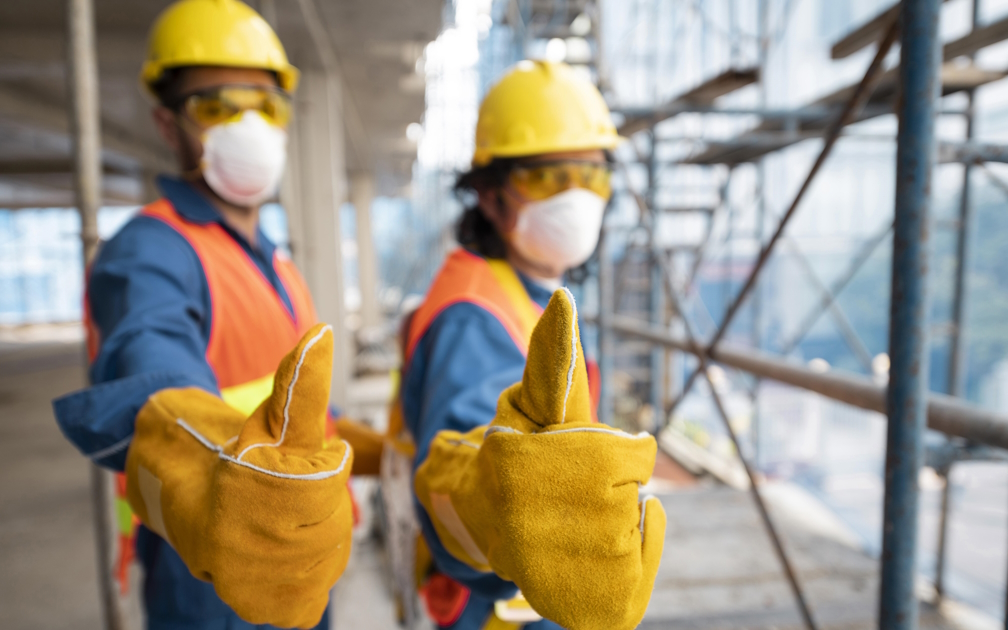From Slippery Floors to Chemical Hazards: A Comprehensive Guide to Workplace Safety
- Written by Business Daily Media

Regardless of the industry or sector you work in (either as an employee or employer), you should always take your safety and that of others seriously. There are many things to take into account, for example you may be required to acquire a CSCS green card if you work in construction.
In this post, we will be discussing workplace safety! We will touch on the different types of hazards to look out for and how to stay safe while working, especially here in the UK.
Tag along!
First things first, what is workplace safety?
Workplace safety highlights practices and policies that are put in place to ensure that where you work is safe and doesn't put you in danger. This includes but is not limited to ensuring that every piece of equipment is in good condition and that the workplace is free from hazards.
Hopefully, that explanation is clear enough and easy to grasp. Having gotten that out of the way, let us take a look at some specific hazards that you might encounter in the workplace and how to avoid them.
- Slippery Floors
Slippery floors are regarded as one of the most common hazards in the workplace. They can be especially dangerous in places like kitchens and bathrooms. Here is what you should do to avoid slipping on a slippery floor:
- Wear shoes with good traction
- Take small steps and walk slowly
- Avoid walking on wet floors if possible
- Report any wet or slippery floors to your supervisor immediately
Electrical Hazards
Electrical hazards are common, and they are not limited to workplaces alone. They can equally be found in our homes, public buildings/facilities, and schools. And yes, they can be very dangerous. Here are simple steps to help you avoid electrical hazards:
- Don’t touch electrical equipment with wet hands
- Prevent and avoid touching electrical equipment with metal objects
- Report any damaged electrical equipment to your supervisor
- Unless you are a certified professional, never attempt to repair electrical equipment yourself
Fire Hazards
Fire hazards can be perilous and can cause severe injury or even death. To avoid fire hazards, make sure you:
- Know the location of fire extinguishers and how to use them
- Never leave cooking equipment unattended
- Never block fire exits or emergency exits
- Never overload electrical sockets or extension cords
Manual Handling Hazards
These hazards occur when you have to lift or move heavy objects. Lifting objects that are too heavy can injure you and leave you with musculoskeletal challenges, including chronic back pain. How do you avoid them?
- Always ask for help if you need to lift or move heavy objects
- Learn and always use proper lifting techniques, such as bending your knees and keeping your back straight
- Make sure you have a clear line of sight and your path is clear before moving an object
- Take advantage of lifting aids, such as a trolley or hoist.
Noise Hazards
Noise hazards can damage your hearing, primarily if you work in a loud environment. To avoid noise hazards, make sure you:
- Wear hearing protection, such as earplugs or earmuffs
- Take breaks in a quiet area if possible
- Report any loud noises to your supervisor
Other types of hazards you should also be mindful of are chemical hazards and biological hazards.
Conclusion
So there you have it—a comprehensive guide to workplace safety in the UK. Remember to always stay alert and aware of your surroundings, and never hesitate to ask for help or report any hazards to your supervisor. Stay safe out there!







